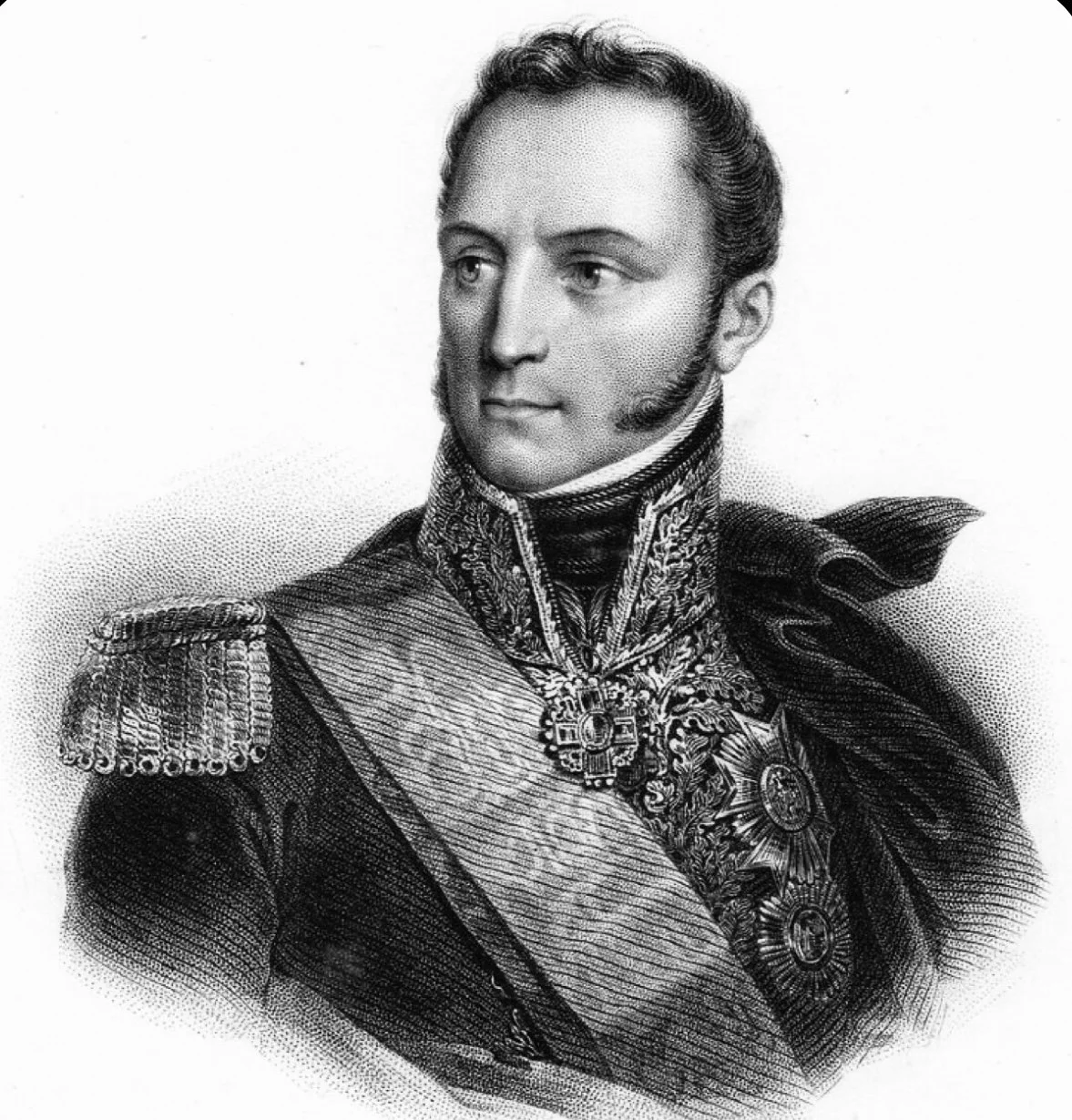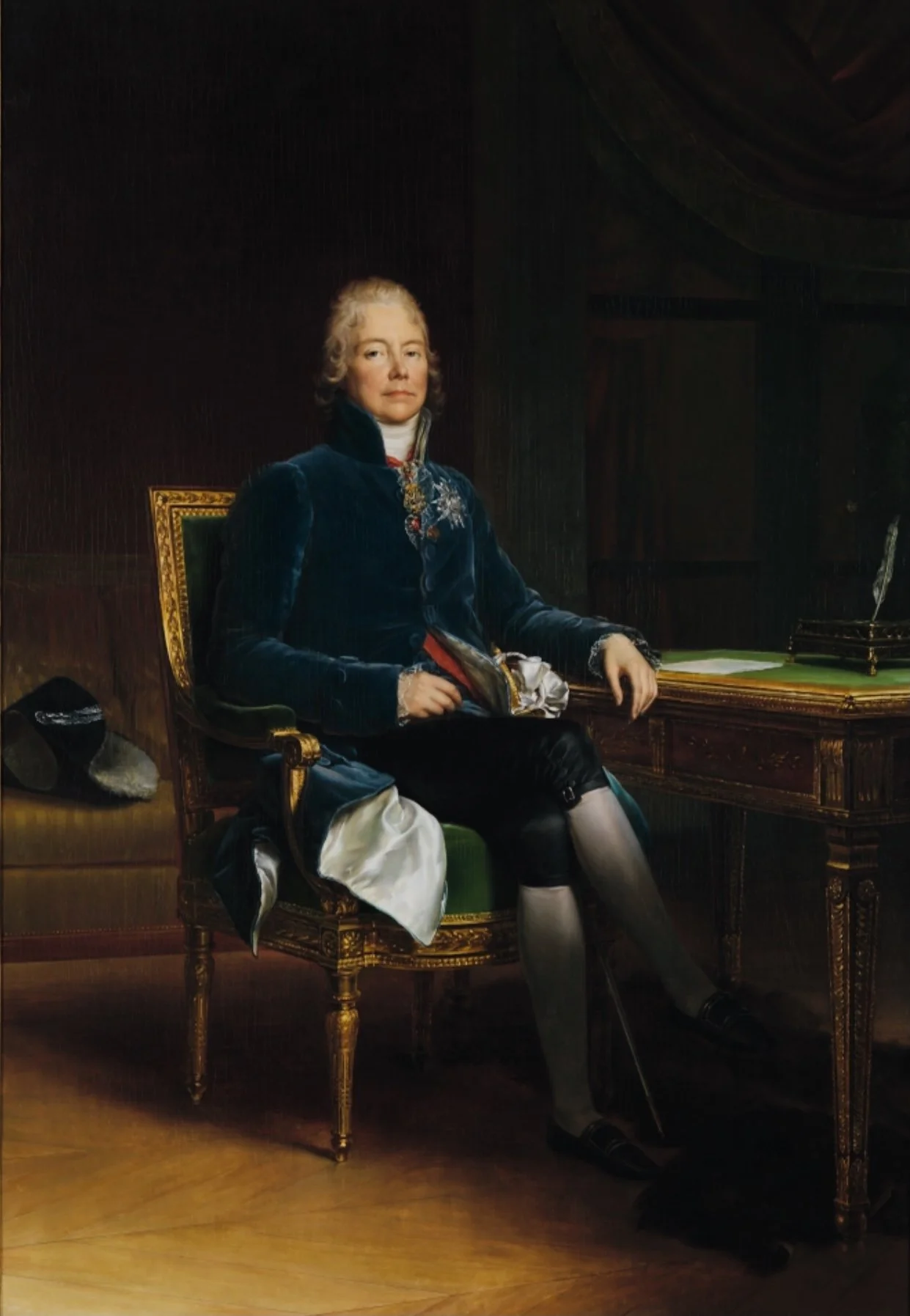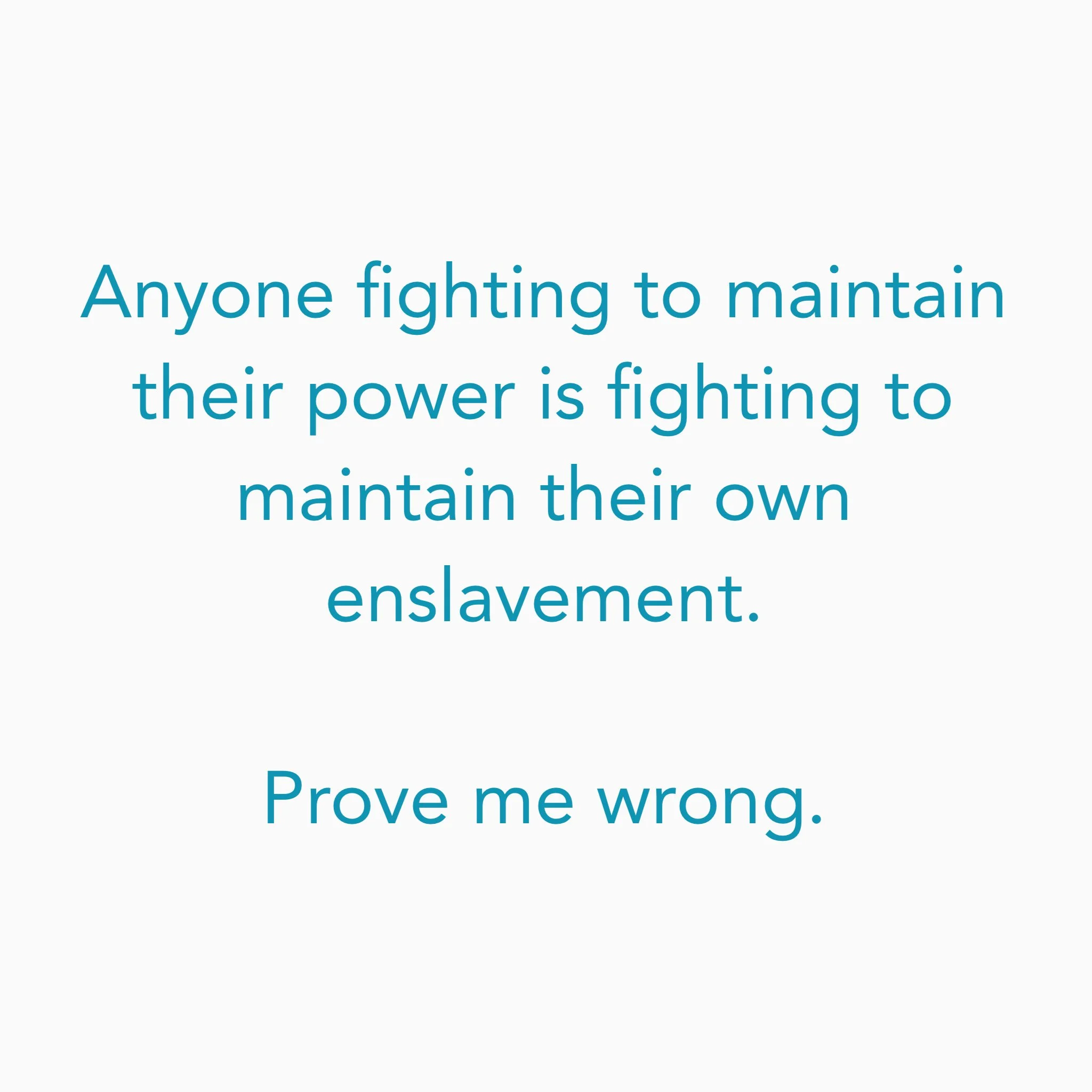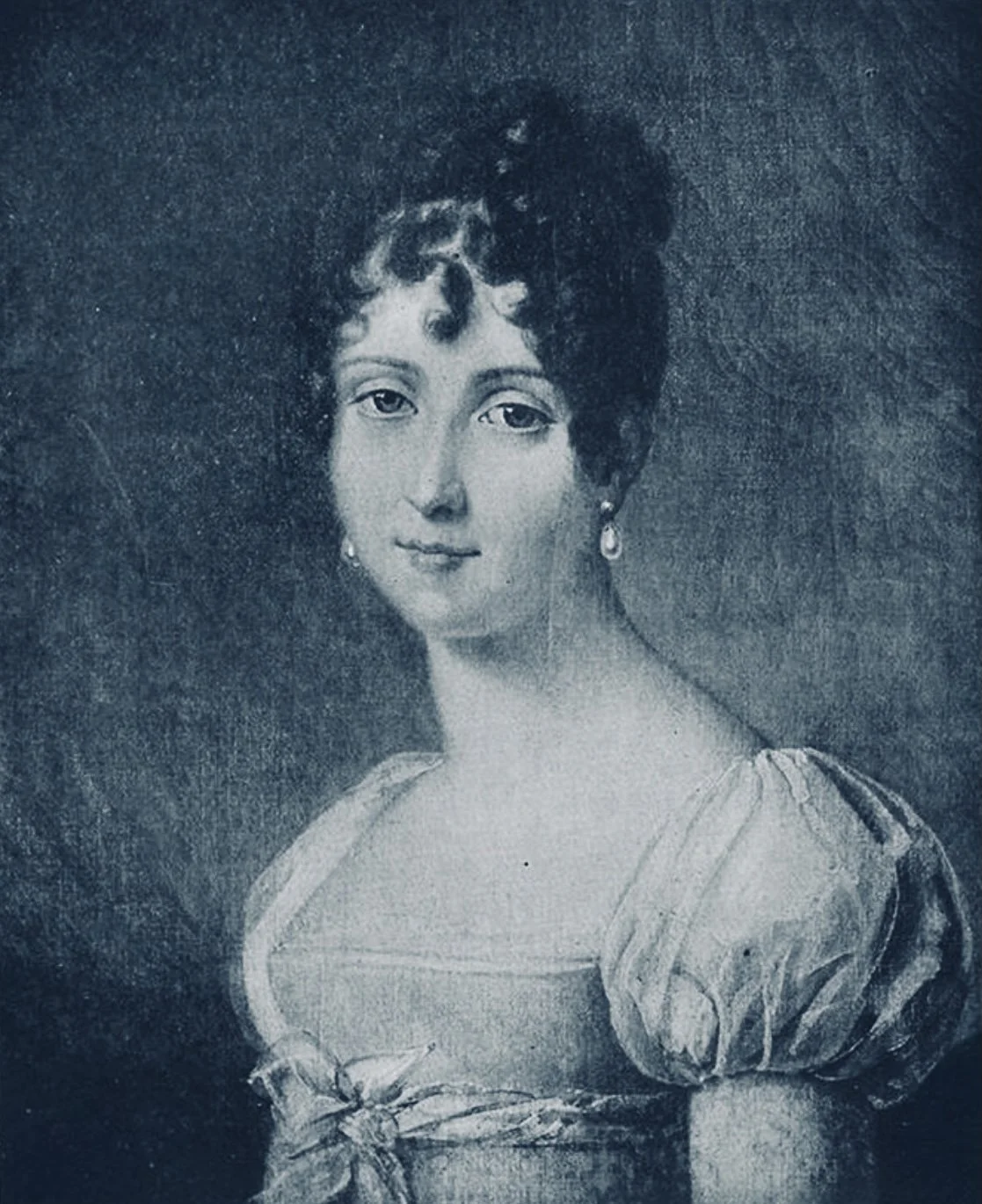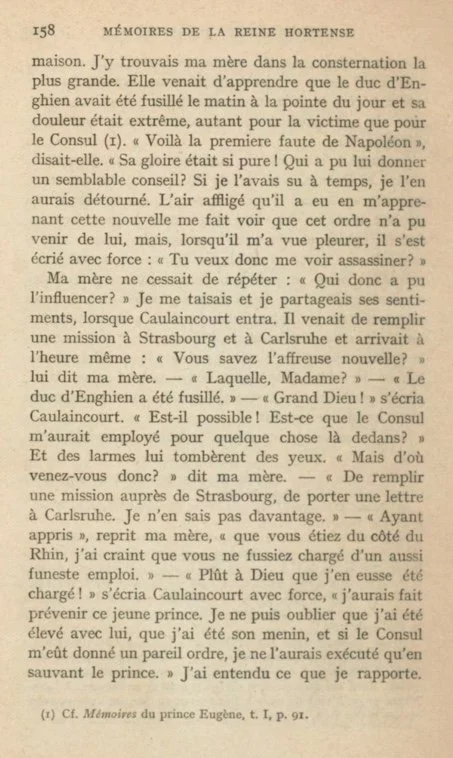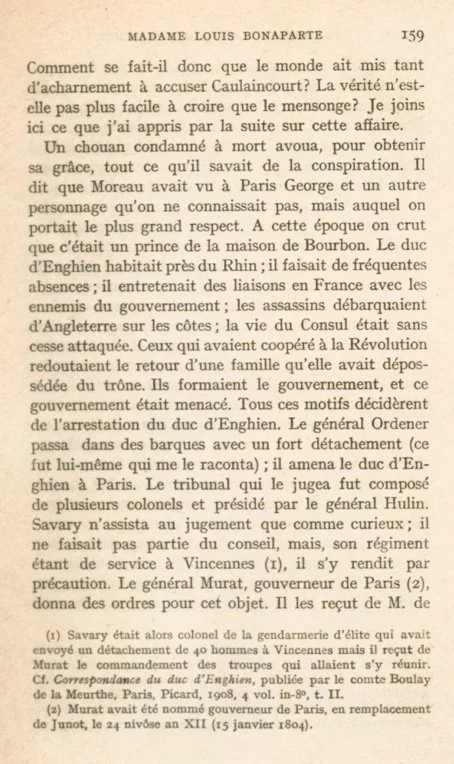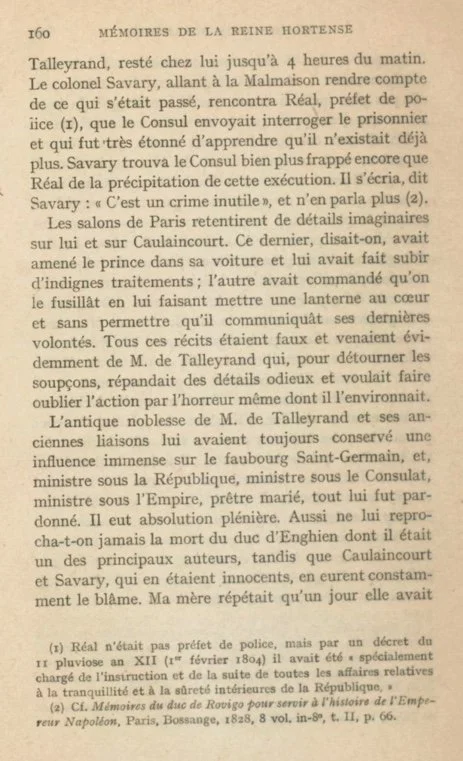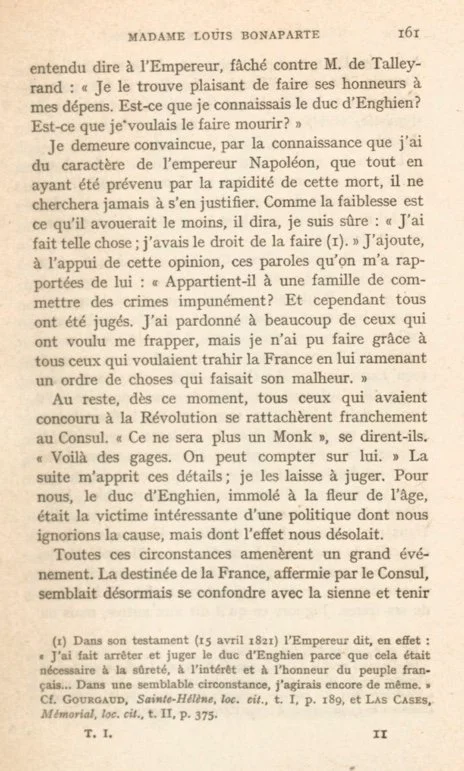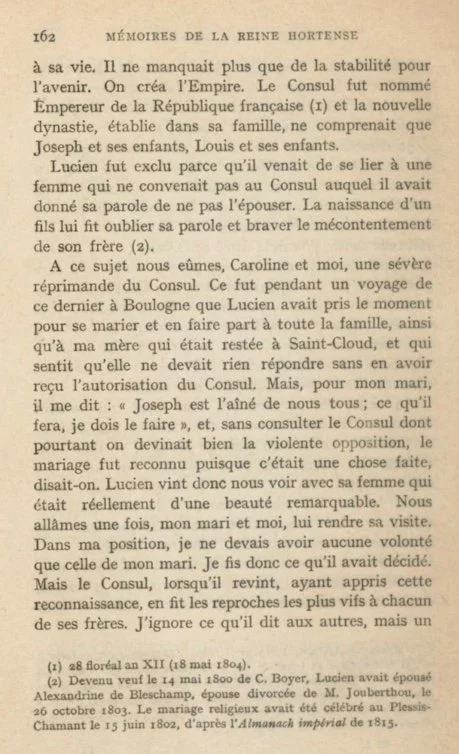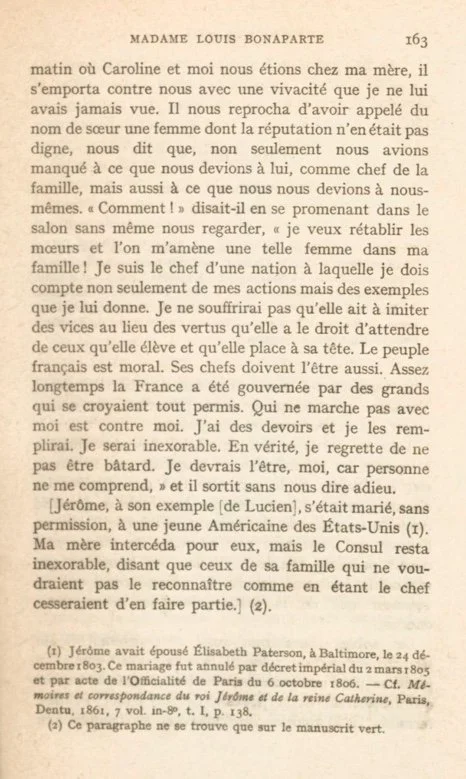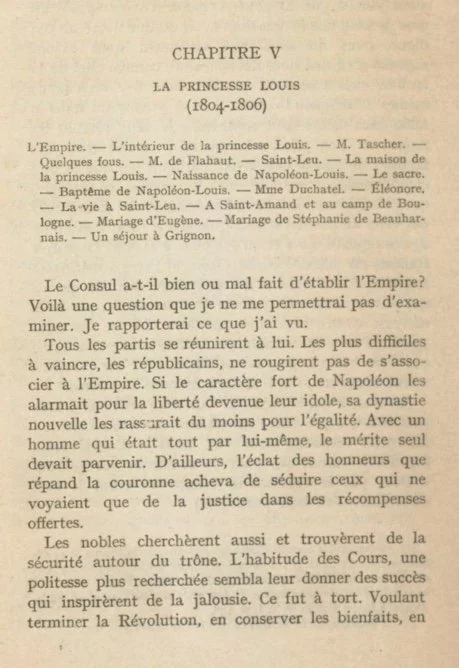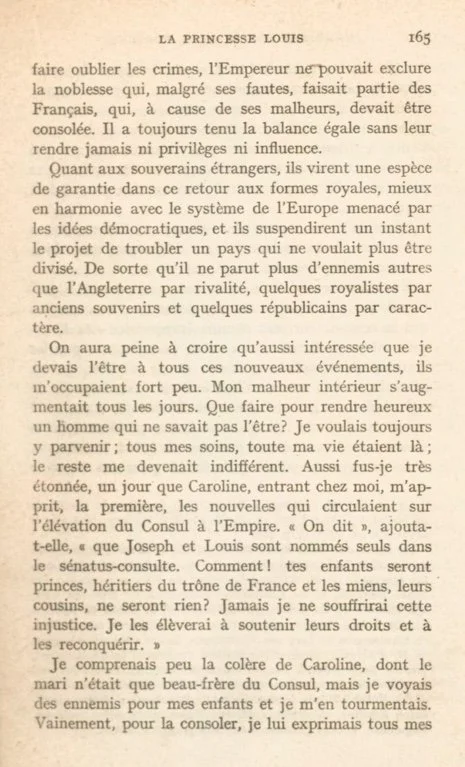Let’s have another look at Hortense’s Memoirs. If you want to read the book it is available for free at the side bar in English and French. Use the widget on the sidebar to translate the text below into pretty much any language.
In this excerpt, Hortense describes infiltration tricks that were played on Napoleon to make him appear loathsome to the public and to those most faithful to him.
This is a great passage to understand exactly the methods undertaken to smear those who stand up for the public. From this point on in the story, we constantly see the “hidden hand” working tirelessly to bring down Napoleon from within. Unfortunately, they did succeed but we can learn from these tactics how these same methods are being used today - still - to destroy the sovereignty of the people. If the public had understood that it was in their best interests to protect Napoleon, that small selfish sneaky oligarch group would’ve been stopped in their tracks. Instead their rule has flourished for 200 years because they are so skilled at tricking the public into operating against their best interests. Will the public ever finally realize who is truly on their side?
Just then Caulaincourt entered the room. He had been away on a mission to Strasbourg and Karlsruhe, and had only that moment returned. "You have heard the dreadful news?" my mother asked him.
What news, Madame?"
Caulaincourt.
“The Duc d'Enghien has been executed."
“Great God” exclaimed Caulaincourt.
“Can that be true? Has the Consul involved me in some way in the matter?"
Tears flowed down his cheeks. "But where have you been?" inquired my mother.
“On a mission near Strasbourg, delivering a letter to Karlsruhe. That is all I know about it."
“When I heard that you were off to the Rhine," replied my mother, "I feared you had been employed on some such disastrous mission."
“Would to God I had been!" exclaimed Caulaincourt.
“I would have had the young Prince warned. I cannot forget that I was once in his service, that I was one of his gentlemen in waiting, and if the Consul had given me such an order, I should only have carried it out by saving the Prince's life."
I heard every word of what I am recording. How did it happen therefore that the public should have so insistently accused Caulaincourt of having led the Prince into a trap?
Is it more difficult to believe the truth than falsehood? I here add what else I learned in regard to this matter.
A royalist insurgent condemned to death had, in order to save his own life, confessed everything he knew about the conspiracy. He declared that Moreau had seen George in Paris and likewise another person whom he did not know but whom everyone treated with the greatest respect.
At the time this person was thought to be a prince of the house of Bourbon. The Duc d'Enghien lived near the Rhine, he was frequently away from home, and he was in communication with the Consul's enemies in France; assassins crossed over from England and landed on the seacoast; the Consul's life was constantly being threatened.
Those who had taken part in the Revolution feared the return of the family it had driven from the throne. They were now in office, and a change would threaten their position.
All these motives combined to bring about the arrest of the Duke. General Ordener crossed the river in rowboats with a strong detachment of troops (it was he himself who told me about it).
He brought the Duc d'Enghien to Paris. The court which tried him was composed of several colonels and presided over by General Hulin. Savary attended the trial only as a spectator. He was not one of the judges, but his regiment being stationed at Vincennes, his going there was a precautionary measure.
General Murat, Governor of Paris, had given orders to that effect. He received them from Monsieur de Talleyrand, with whom he remained until four o'clock in the morning.
Colonel Savary, while on his way to Malmaison to report what had taken place, met Real, the Prefect of Police, whom the Consul had ordered to go and question the prisoner.
Real was much astonished to learn that the prisoner was already dead. Savary found the Consul still more deeply moved than Real at the news of this sudden execution. He exclaimed, according to Savary, "This was a useless crime," and did not again refer to it.
The drawing-rooms of Paris reechoed with imaginary details about the Consul and Caulaincourt. The latter, so people said, had brought the Prince to Paris in his own carriage and had treated him in a shameful manner.
The Consul was supposed to have ordered the Duke shot with a lantern on his heart and without allowing him to express his last wishes.
All these tales were false, and evidently came from Monsieur de Talleyrand, who in order to avoid attracting suspicion to himself spread loathsome details in the hope that the action might seem less important on account of the horrors that accompanied it.
The firmly established rank of Monsieur de Talleyrand's family, as well as his former intimate relation with aristocratic circles, had always given him an immense influence throughout the Faubourg Saint-Germain. Minister during the Republic, Minister during the Consulate, Minister during the Empire, renegade priest who had taken a wife, everything he did was regarded favorably.
He obtained full and complete absolution for all his acts. Consequently no one thought of blaming him for the death of the Duc d'Enghien, of which he was one of the principal instigators, whereas Caulaincourt and Savary, who were innocent, were unhesitatingly condemned.
My mother repeated to me something the Emperor had said one day when he was angry with Talleyrand: "I find it amusing to see him gaining popularity at my expense. Was it I who knew the Duc d'Enghien? Was it I who wanted to have him executed?"
My knowledge of the Emperor's character convinces me that although the suddenness of the execution took him by surprise, he never sought to exonerate himself. Since the weakness he was the least willing to admit was lack of will-power, he would have said: "If I did such a thing it was because I had the right to do so."
Anyone fighting to maintain their power is fighting to maintain their own enslavement.
Prove me wrong.
This group has continually demonstrated their willingness to devour their own.
I might add in support of this opinion these words of his which were repeated to me: "Has any family the right to commit crimes without being punished for them? All the conspirators received a fair trial. I pardoned many of those who sought to kill me, but I could not pardon all those who sought to betray France by bringing back the conditions which ruined her."
For that matter, it was at this time that all the men who had helped bring about the Revolution rallied about the Consul. "He will never prove a Monk," they declared.
"He has proved that. He can be trusted." It was later that I learned these various details, whose significance I leave to my readers' judgment.
To us the Duc d'Enghien, cut off thus in the bloom of his youth, appeared a pathetic victim of a political situation we did not understand but whose results grieved us bitterly. All these incidents contributed to bring about an event of great importance.
The future fate of France, which the Consul had established on firmer ground, seemed to be linked to his career and to depend on his existence. The only thing lacking to make the future safe was permanent stability. To achieve this, the Empire was established. The Consul was appointed Emperor of the French Republic [May 18, 1804].
A new dynasty was created which consisted only of Joseph, Louis and their children. Lucien was excluded because he had just married a woman who did not please the Consul and whom he had given his word of honor not to marry. The birth of a son caused him to forget his promise and brave his brother's anger. In connection with this, Caroline and I received a severe rebuke from my stepfather. It was while the latter was on a trip to Boulogne that Lucien took advantage of the opportunity to get married and to announce the fact to all his family and to my mother.
The latter had remained at Saint Cloud and felt she should not take any steps toward receiving Lucien's wife without having been authorized by the Consul to do so. My husband, on the other hand, declared, "Joseph is the eldest of us all. Whatever he chooses to do I will do also!" Without consulting the Consul, whose violent opposition to the match we nevertheless suspected, the marriage was publicly admitted. The reason given was that it had already taken place.
Only those who seek to deceive the people, and rule for their own advantage, seek to keep people in ignorance.
Lucien came to see us with his wife, who was really remarkably beautiful. I, in my position, could not do otherwise than follow my husband's example. Consequently, I did as he wished. But the Consul on his return, having heard that we had acted in this way, reproached both his brothers. What he may have said to the others I cannot tell, but one morning when Caroline and I were with my mother he flew into a temper with us such as I have never seen him in before.
He reproved us for having given the name of "sister" to a woman whose reputation was not unblemished. He told us that not only had we failed in the obedience due him as head of the family, but also we had lacked self-respect.
“See what this means” he exclaimed as he walked about the drawing-room without even looking at us. I attempt to establish better public morality, and such a woman is accepted as a member of my family. I am the head of a nation to which I am responsible, not only for my own actions but also for those of the people about me whose example may be followed. I will not allow things to occur which give an excuse for imitating the vices rather than the virtues which the masses have a right to expect from those whom they have placed in authority and whom they obey. The people of France are essentially moral. The leaders of France must be the same. The country was ruled too long by nobles who believed they could do as they pleased. Those who are not with me are against me. I have duties to perform and I will perform them. I shall be pitiless." (Jerome, following Lucien's example, had married without the Consul's permission a young American girl from the United States. My mother intervened on their behalf, but the Consul remained inflexible, saying that those members of his family who did not recognize him as its head ceased to belong to it.)
I can’t change or control them but I can at least let people know what they are up against.
CHAPTER V
PRINCESS LOUIS (1804-1806)
Establishment of the Empire—The Home-Life of Princess Louis—Some Lunatics—Monsieur de Flahaut—The Birth of Napoleon Louis—The Emperor and Madame Duchatel—Louis' Jealousy—A Visit to the Camp at Boulogne—Royal Marriages---An Innocent Prank.
WAS the Consul right or wrong in establishing the Empire? This is a question which I do not consider myself qualified to discuss. I can only record what I saw myself.
All political parties supported his action. The men who were the most uncompromising in their opinions, namely the republicans, did not blush to give their allegiance to the Empire.
Although the determined character of Napoleon might make them feel that their idol Liberty was in danger, at any rate his newly established dynasty was a symbol of that other idol of theirs, Equality. Under the rule of a man who owed his rank entirely to his own abilities, only those who deserved promotion were likely to achieve distinction.
Then, too, the rewards which a sovereign can bestow completely won over those who considered such distinctions as they received to be their just due. The nobility also sought and found a state of security in the shadow of the throne. Their familiarity with court-life and their greater social refinement won for them successes which were important enough to arouse jealousy.
Such jealousy was groundless. The Emperor, who wished to end the conditions existing under the Revolution while preserving the good it had accomplished, and at the same time to efface the memory of its excesses, was not in a position to banish the nobility.
The nobles, in spite of their faults, belonged to that class of French citizens who on account of their misfortunes must be protected. Napoleon always maintained the balance between the classes, without restoring to the nobility either their privileges or their influence in public affairs.
As for foreign sovereigns, they looked upon this re-establishment of royal government as a sort of guarantee of stability, since it was in keeping with the prevailing system of government in Europe, a system menaced by democratic theories.
Consequently, they were prepared for an instant to suspend hostilities toward a country which was no longer internally divided against itself. In short, the only enemies left were England, animated by a spirit of rivalry, a few royalists clinging to their memories of former times, and a few stubborn republicans. It will be difficult to believe that, important as these new events were in my life, I was so little interested by them.
The original French is available below:

